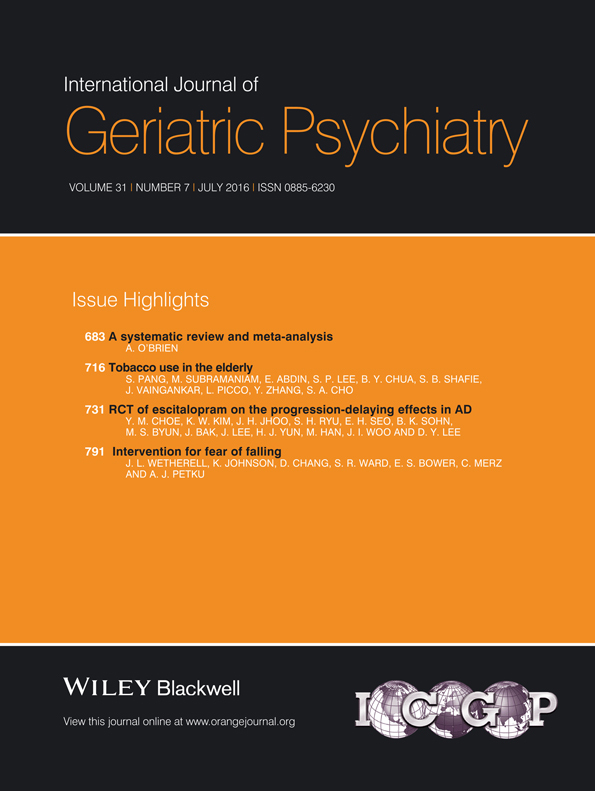Knowledge translation regarding financial abuse and dementia for the banking sector: the development and testing of an education tool
Abstract
Objective
Financial abuse is the most common form of elder abuse. Capacity Australia, established to promote education regarding capacity and abuse prevention across health, legal and financial sectors, was awarded a grant by the Dementia Collaborative Research Centre to educate the banking sector on financial abuse and dementia. We aimed to develop a knowledge translation tool for bank staff on this issue.
Methods
The banking sector across Australia was engaged and consulted to develop a tailored education tool based on Australian Banking Association's Guidelines on Financial Abuse Prevention, supplemented by information related to dementia, financial capacity and supported decision-making. The tool was tested on 69 banking staff across Australia from two major banks.
Results
An online education tool using adaptive learning was developed, comprising a pretest of 15 multiple choice questions, followed by a learning module tailored to the individual's performance on the pretest, and a post-test to assess knowledge translation. A significant increase in scores was demonstrated when baseline scores were compared with post-course scores (mean difference in scores = 3.5; SD = 1.94; t = 15.1; df = 68; p < 0.001). The tool took approximately 10–20 min to complete depending on the knowledge of participant and continuity of completion.
Conclusions
The Australian banking industry was amenable to assist in the development of a tailored education tool on dementia, abuse and financial capacity. This online e-tool provides an effective medium for knowledge translation. Copyright © 2015 John Wiley & Sons, Ltd.




